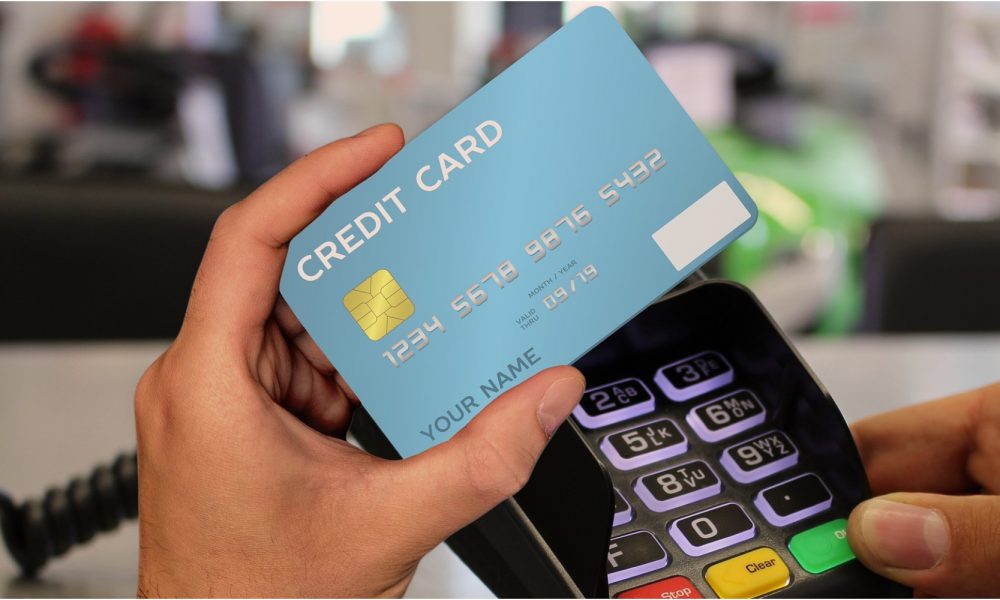
This Is How Credit Card Payments Work

A credit card is a necessity today. If you have just started making regular payments every month through your credit card, you have got a good opportunity of building your credit history and notch up an attractive credit score in the process. There are many things to know about credit cards, such as a credit card balance, how credit card interest rates work, how to understand and avoid credit card fees like late fees, over-limit fees, annual fees, cash advance fees, returned payment fees, etc. Read on to know them in detail and find out how credit card payments work.
What is a Credit Card Balance?
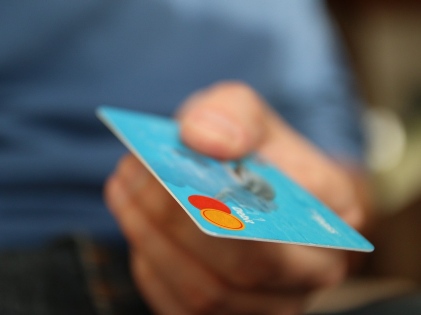
When you buy something through your credit card, the charged amount is added to the owed amount. You can call this the credit card’s balance. The balance is not the addition of your purchases. Included in it is the interest you owe on the credit card’s balance, along with any penalties or fees you have charged by the card issuer. Those may comprise the annual fees, cash advance fees, foreign transaction fees, late payment penalties, etc. After a monthly billing cycle terminates, you will receive information on the amount you have to pay, the minimum amount you need to shell out, and by which date you need to make the payment.
By making the minimum payment within time, you will be in a good position in the card issuer’s eyes. After you pay the minimum amount, the remaining balance rolls over and gets added to the next month’s balance. You will have to pay interest on that. Therefore, it’s favorable that pay an amount more than the minimum. However, nothing is better than paying the paying off the full balance every month. Paying the minimum amount and pushing the balance to the next month won’t have much of an effect on your credit score.
The credit utilization ratio comes into play when lenders decide whether it will be safe to lend you money. If the balance amount is too large, it can create problems. Your credit utilization ratio determines your credit score. For your information, a ratio of less than 30% is good.
How Credit Card Interest Rates Work
 Your credit card issuer charges the interest rate as APR or annual percentage rate. They divide the annualized percentage by 12 and then apply the monthly rate to the remaining balance every month.
Your credit card issuer charges the interest rate as APR or annual percentage rate. They divide the annualized percentage by 12 and then apply the monthly rate to the remaining balance every month.
If you have a credit card with an annual percentage rate of 20%, you will have to pay an interest of something around 1.66% on your outstanding monthly amount. Some credit cards might have more than one APR, like one APR for your purchases and cash advances. All the vital information is available in the terms and conditions of your credit card.
Understanding and Avoiding Credit Card Fees
There is plenty of fine print associated with credit cards concerning the fees, fines, and other charges. Some important credit card fees are late fees, over-limit fees, annual fees, cash advance fees, and returned payment fees.
If you somehow fail to pay the minimum amount on the due date, you might have to shell out a late fee. For the first late payment, you might have to pay $27. This amount can go up to $40 for any late payments you make afterward. You will face an over-limit fee in case you go past your credit limit. This fee amount can lie in the range of $25 and $35. The annual fee is the amount you have to pay every year for your credit card. There are credit cards that won’t require you to pay an annual fee. But credit cards with annual fees might off rewards when you purchase something.
The Other Important Fees

Aside from late fees, over-limit fees, and annual fees, there are cash advance fees and returned payment fees. You can take out cash advances via some credit cards. The cash advance fee is mostly a percentage of the amount of money you receive. The fee is usually on the higher side. In terms of returned payments, you will have to pay an amount if your payment bounces owing to a lack of funds or any other reason.
Credit cards are a great medium to build a nice credit score. However, you need to ensure that you don’t overstretch your limit and incur a deep debt. We hope these tips help you repay your credit card with ease.
More in Big Bank Accounts
-
`
Curious About Travis Kelce’s Net Worth? Here’s the Scoop!
Travis Kelce’s name echoes through NFL stadiums, synonymous with athletic prowess and electrifying plays. But beyond his touchdown celebrations and record-breaking...
June 10, 2024 -
`
Everything You Need to Know About an Assumable Mortgage
What is an Assumable Mortgage? Whether you are a buyer or a seller, understanding the concept of assumable mortgages can open...
June 6, 2024 -
`
Layoff vs. Fired – Understanding the Crucial Differences
When it comes to job loss, understanding the distinction between being layoff vs. fired is crucial. While both situations result in...
May 30, 2024 -
`
When Are Business Taxes Due 2024? Essential Dates and Deadlines
Tax deadlines can be daunting, but fear not! Let’s break down everything you need to know to stay on top of...
May 22, 2024 -
`
How Much Does Jeff Bezos Make Per Hour? It’s More Than You Think!
Jeff Bezos, a name synonymous with innovation and wealth, stands as one of the world’s richest individuals. While Bernard Arnault and...
May 16, 2024 -
`
What is Portfolio Investment Entity (PIE) and How Can it Benefit You?
In the intricate world of finance, individuals seek avenues to optimize their investments while minimizing risks. One such avenue gaining traction...
May 9, 2024 -
`
What is a Bank Statement? Understanding its Definitions, Benefits, and Prerequisites
Ever wondered where your money goes? A bank statement is like a financial report card, giving you a clear picture of...
April 30, 2024 -
`
Branded Content: A Genuine Way to Connect With Your Audience
Have you ever binge-watched a series on Netflix, only to later realize that the beverage everyone’s sipping on is that brand...
April 23, 2024 -
`
What Car Does Jeff Bezos Drive? Find Out Inside His Exclusive $20 Million Collection
Have you ever wondered what car does Jeff Bezos drive? This man’s tastes in vehicles are as expansive as his business...
April 17, 2024




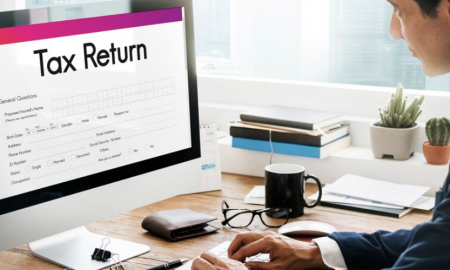


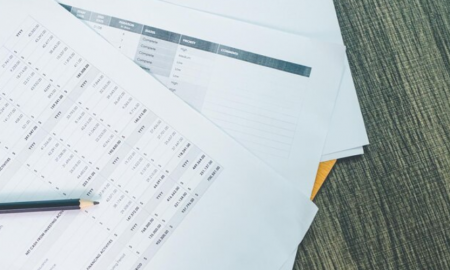


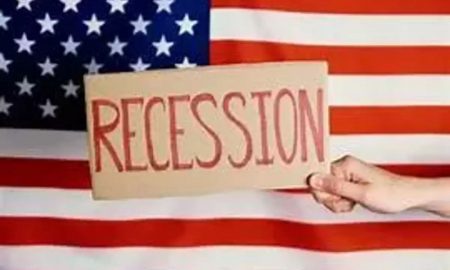




You must be logged in to post a comment Login